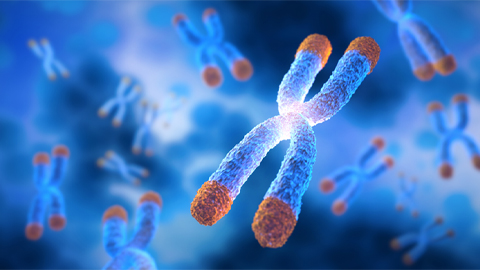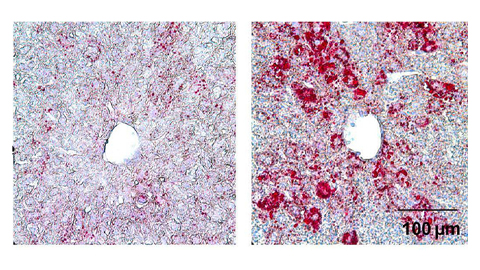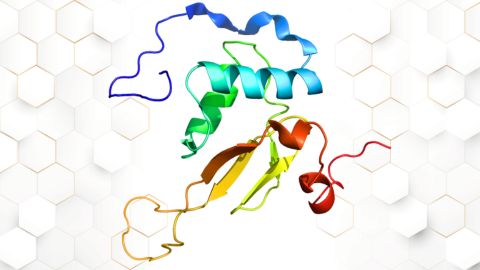Assessing the risk of excess folic acid intake
It is well established that folic acid supplementation can significantly reduce the risk of birth defects, including neural tube defects like spina bifida, the most common birth defect of the central nervous system and the second most common of all structural birth defects. More than 80 nations, including the U.S. 25 years ago, have established mandated folic acid food fortification programs, which have been successful.
“However, there is a lack of research on whether excessive folic acid intake has the potential to harm human beings,” said co-corresponding author, Dr. Richard H. Finnell, William T. Butler, M.D., Distinguished Chair Professor in the Center for Precision Environmental Health and the departments of molecular and cellular biology, molecular and human genetics and medicine at Baylor College of Medicine.

There are reports of adverse effects associated with high folate intake in humans. In this study published in the journal Cell Discovery, Finnell and his colleagues investigated in an animal model the potential effect of folic acid supplementation on DNA mutation rates and other genetic modifications such as whole genome methylation, which can change how much of any given gene product gets expressed in cells.
The animals received one of three folic-acid-supplemented diets: folic acid low, folic acid control and folic acid high. “Compared to the mutation frequency of the folic acid-control diet group, that of the folic acid-low diet group increased two-fold and the folic acid-high diet group increased 1.8 fold,” Finnell said.
The researchers found that DNA repair genes were significantly hypermethylated in the folic acid-high diet, suggesting that excess folic acid supplementation may affect the mutation rate by reducing the expression of DNA repair genes and consequently impairing DNA repair activity. Understanding these mechanisms requires further investigation.
“The effects of high- or low-folic acid diets should be confirmed in human population in future studies,” Finnell said. “Our data supports that folic acid supplementation should be restricted to an ideal benefit range. What we have here is a “Goldilocks Effect”: Too little or too much of a good thing (folic acid) may not be such a good thing.”
This article first appeared on the Baylor College of Medicine news site. Read the original.
Enjoy reading ASBMB Today?
Become a member to receive the print edition monthly and the digital edition weekly.
Learn moreGet the latest from ASBMB Today
Enter your email address, and we’ll send you a weekly email with recent articles, interviews and more.
Latest in Science
Science highlights or most popular articles

How a gene spurs tooth development
University of Iowa researchers find a clue in a rare genetic disorder’s missing chromosome.

New class of antimicrobials discovered in soil bacteria
Scientists have mined Streptomyces for antibiotics for nearly a century, but the newly identified umbrella toxin escaped notice.

New study finds potential targets at chromosome ends for degenerative disease prevention
UC Santa Cruz inventors of nanopore sequencing hail innovative use of their revolutionary genetic-reading technique.

From the journals: JLR
How lipogenesis works in liver steatosis. Removing protein aggregates from stressed cells. Linking plasma lipid profiles to cardiovascular health. Read about recent papers on these topics.

Small protein plays a big role in viral battles
Nef, an HIV accessory protein, manipulates protein expression in extracellular vesicles, leading to improved understanding of HIV-1 pathogenesis.

Genetics studies have a diversity problem that researchers struggle to fix
Researchers in South Carolina are trying to build a DNA database to better understand how genetics affects health risks. But they’re struggling to recruit enough Black participants.

